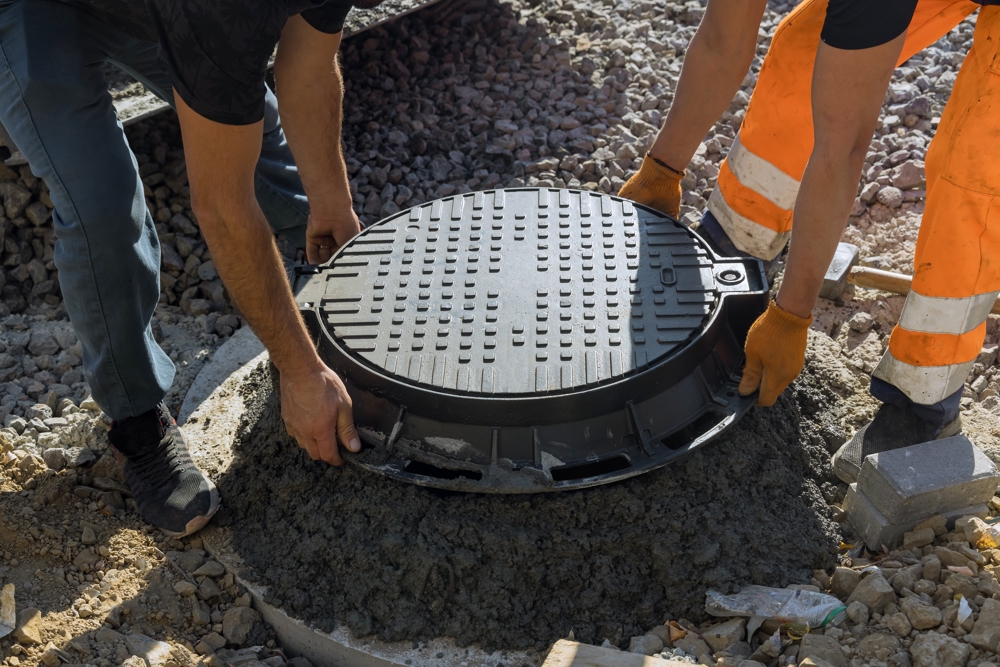Where does my wastewater go?
There are two types of sewer that take water and wastewater away from your property:
- Foul (wastewater) sewers take all flows from household appliances, including toilets, washing machines and kitchen sinks, to one of our treatment works. Here we treat the wastewater so that it can be safely returned to the environment.
- Surface water sewers take clean rainwater that has run off from roofs, driveways and pavements to local streams, rivers and the sea.
In most houses built after 1920, all wastewater drains into these separate sewer systems.

What is a misconnection?
Misconnections can happen during work to extend or improve a house, when a new house is built, or simply when a new appliance is plumbed in.
For example, if your dishwasher waste pipe (orange and white) is draining into the same sewer as the rainwater pipe (black), that is a misconnection.
It's difficult to estimate the number of properties with misconnections due to the difficulty in measuring new housing stock.
A UK Water Industry report suggests around 140,000 properties, although in some areas up to one in five properties, are misconnected. The nationwide total could be more than 500,000.
How do misconnections cause pollution?
If any of your plumbing or waste pipes drain to a surface water sewer, the wastewater will pollute local watercourses.
Similarly, if clean water drains are misconnected, they can overload the foul sewer and lead to flooding.
Who is responsible?
The homeowner is responsible for pipework on their property up to where it joins the public sewer. This includes making sure that there are no misconnections.
If you're unsure about what to do you can contact us for advice. Or, you can get help from an approved plumber.
Learn more about how to find and fix leaks in your home.
Checking for misconnections
We're working together with local councils and the Environment Agency to reduce water pollution in your local rivers and streams. We want you to help by checking that your plumbing is connected properly. For more information, visit the Water UK website.





